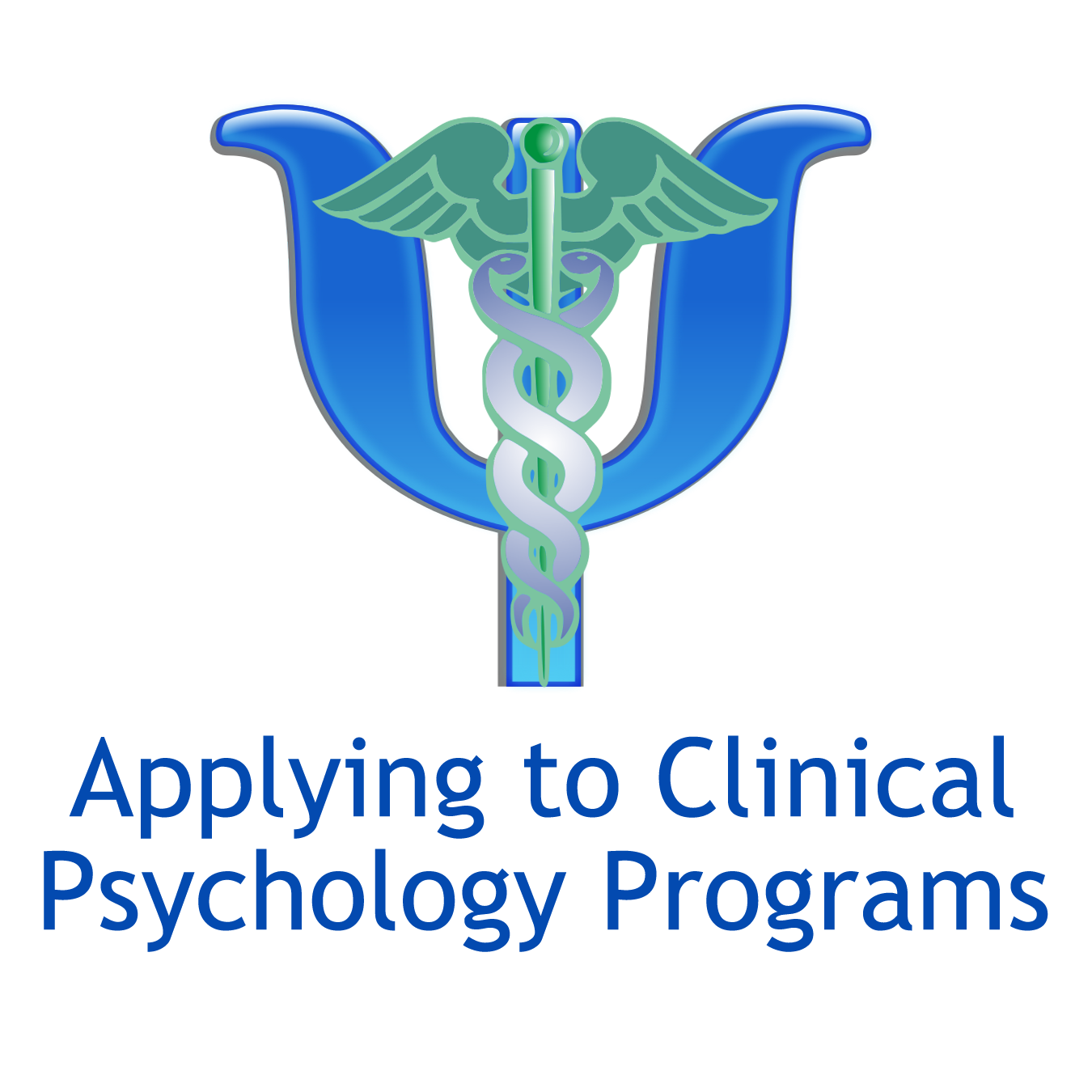Applying to Clinical Psychology Programs
Applying to clinical psychology programs involves many of the same steps (in particular, the statement of purpose, letters of recommendation, taking the Graduate Record Examination, and interviews) as other psychology graduate programs. The application timelines are also the same or similar. Thus, the same resources and tips that we provide on this website for those topics apply to clinical psychology applications. However, there are a variety of different types of clinical programs to choose from, students should take relevant coursework in clinical psychology, and they might need to demonstrate not just research experience, but clinical experience as well. Here we further explore those issues.
Types of Clinical Psychology Programs
Becoming a clinical psychologist – a psychologist that specializes in research and/or treatment of mental health – involves a variety of graduate training routes. These can occur at the doctoral (PhD or PsyD) or master’s levels (and a related possibility is a PhD in Counseling Psychology; additionally, for those seeking to take a medical approach, including the prescription of medication, training to become a psychiatrist – i.e., the holder of an MD or DO degree – is an avenue). Here we overview several of the major routes for becoming a clinical psychologist.1
PhD in Clinical Psychology
The doctoral degree, earned over approximately 4-6 years (plus an internship year), equips its recipient to conduct research, teach, and/or work as a practicing clinician. It is the most versatile of the degrees that can be earned in clinical psychology. PhD programs in clinical psychology are heavily research-focused and are typically designed around a scientist-practitioner model which idealizes the ability to both conduct research and practice. Among all graduate programs, clinical psychology doctoral programs are among the most difficult to get into; admission rates are lower than that of law school, medical school, or other research-based graduate programs (for instance, 8 accepted out of 300 applicants).1 Clinical psychology PhD programs typically provide funding to graduate students, however, thus making this route less financially burdensome.
PsyD in Clinical Psychology
Developed in the 1970s as an alternative to the traditional PhD, the PsyD is a professional doctoral degree that is more clinically focused. Holders of the PsyD can work as a practicing clinician; access to teaching opportunities is however more limited than those holding PhDs. The PsyD is typically earned over 4-6 years (plus an internship year), similar to the PhD, but the research component of the program is greatly reduced (a greater proportion of graduate training occurs in clinical settings). PsyD programs are easier to be admitted into, but also tend to be more expensive.
Master’s Degree in Clinical Psychology, Counseling Psychology, or Social Work
Typically completed in two years, a master’s program can be a faster way to earn a graduate degree and enter the workforce. Acceptance rates are higher than for doctoral programs, although annual program expenses can be higher. There are a variety of master’s programs that aspiring clinical psychologists may wish to pursue – ranging from clinical psychology to social work – and many confer on its holder the ability to work in private practice or in corporate/organizational settings.
Do I Need Research or Clinical Experience?
According to the Council of University Directors of Clinical Psychology (CUDCP), having research experience is critically important and “it is not necessary to have prior experience assisting with clinical work”.2 Similar statements can be found in other guides to applying to clinical programs.1 Thus, just as with other psychology graduate programs, research experience is critically important. The CUDCP further specifies that serving in a post-baccalaureate research assistant position, completing a Senior Thesis or Honors Thesis, or other type of supervised research experience is especially useful.2
However, although clinical experience is not necessarily required, gaining such experience can be valuable in helping you determine whether the clinical psychology route is genuinely your preferred career choice. It also is not likely to hurt your application, and given the competitiveness of many clinical psychology programs, may actually help your application stand out.
Workshops and Downloadable Resources
Workshops
- For in-person discussion of the process of applying to graduate programs in psychology, including clinical psychology programs, please consider attending this department’s “Paths to PhDs” workshop and other related events (for dates and times, please check the undergraduate workshops calendar).
Further Resources
How-To Videos
Recommended Reading
APA Videos on Graduate Applications
Further Resources
References
